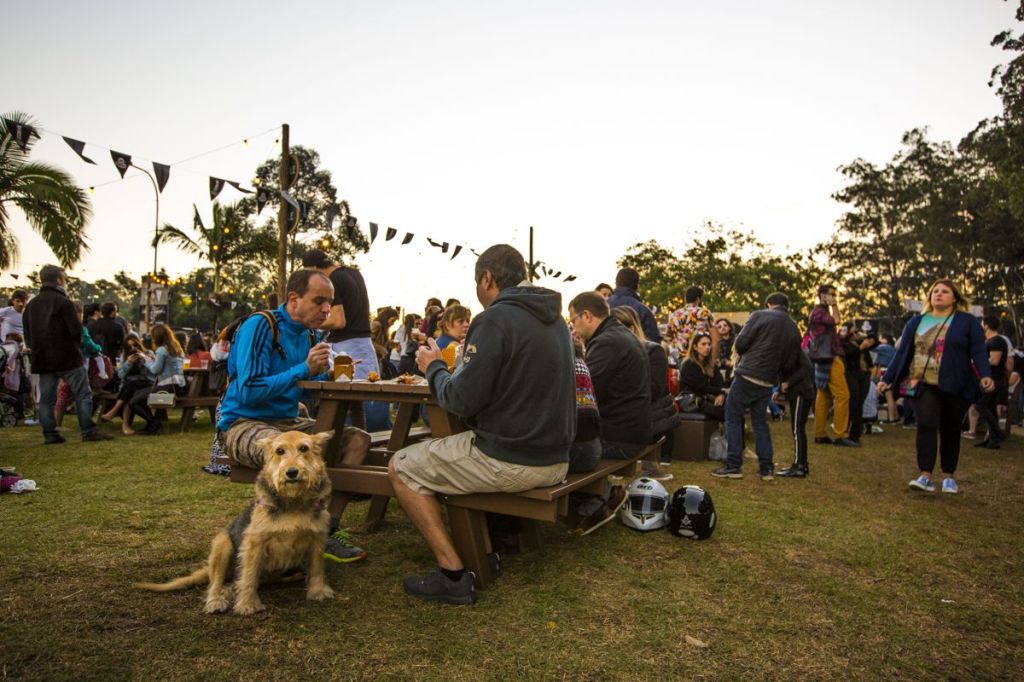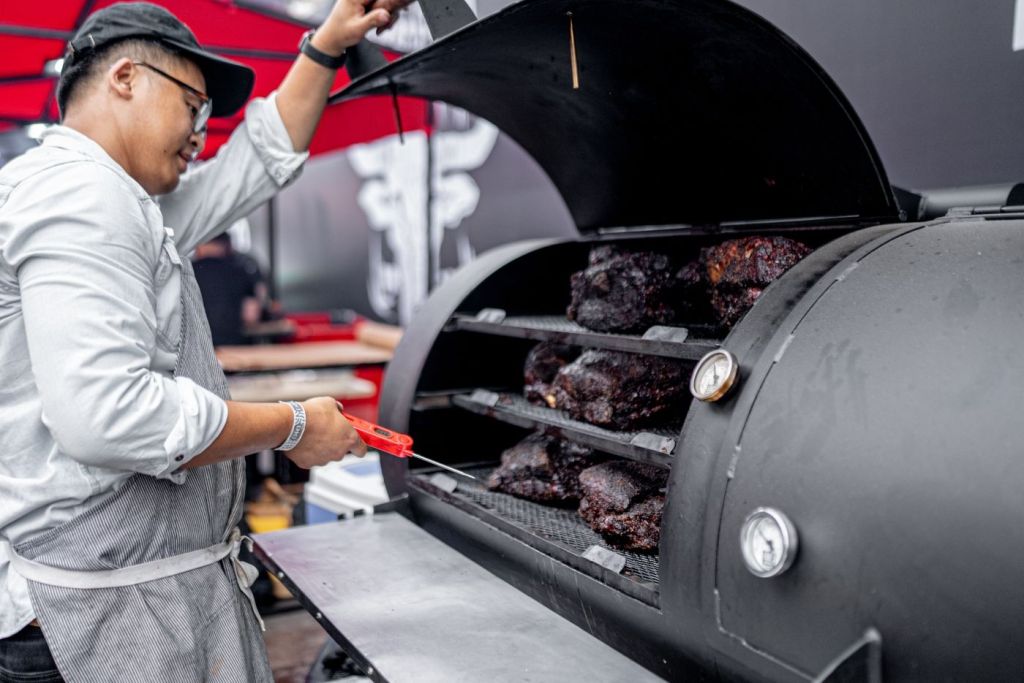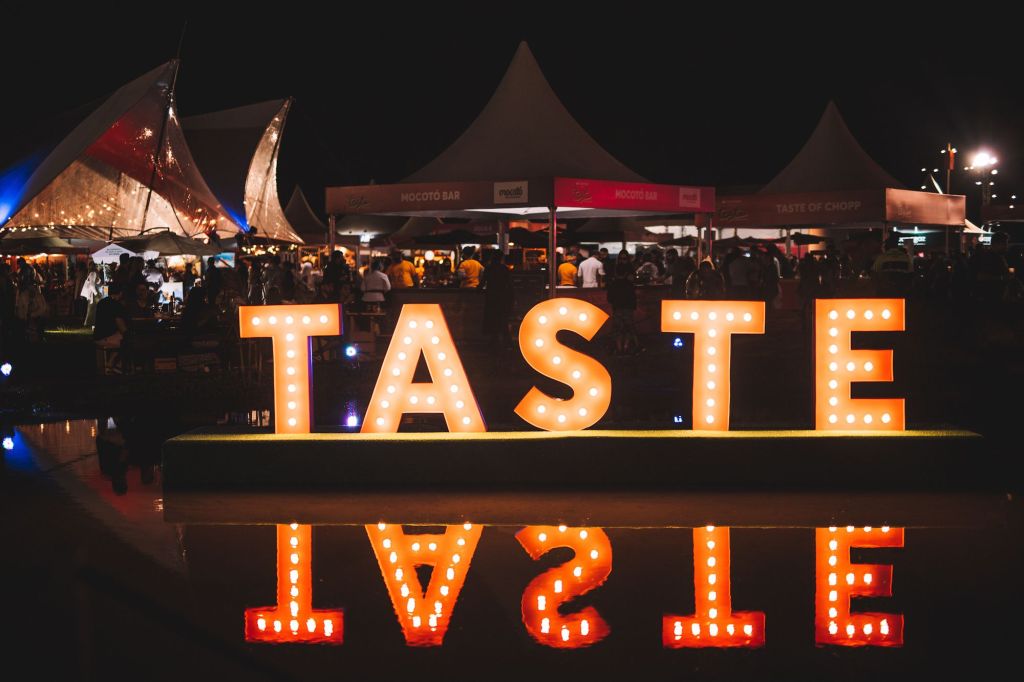Alongside the bar and restaurant sector, one of the most affected by the pandemic was events . Data show that in the first year of Covid-19 between March and December 2020, was recorded a loss of BRL 270 billionand more than 3 million people lost their jobs.
These numbers show the effects resulting from measures to combat the pandemic, which were undeniably harmful, to the point of giving rise to an emergency recovery plan instituted by a law enacted by the National Congress. But, fortunately, it seems that the end of the crisis may be very close.
Much is said that the sector projects “2 years in 1”, given the large number of events that were suspended for their realization and that are now being held. We feel this in our skin when we go back to attending parties, weddings, fairs and other types of events that we have always been used to attending.
I know anyone reading this is probably wondering where food and drink come into this. But in my view, participation in these winds, both on the supplier side (be it a bar, restaurant or independent producer) or on the customer side, is extremely beneficial and positive.
On the side of the bar, the restaurant and the producer, it is the opportunity to show your work to hundreds of people , something that would logically need a few months or a year to occur. In addition, during these festivals, the sector manages to make enough money in one or a few days to balance the accounts and try to remedy the negative effects of the pandemic.
The negative point, however, is the complete change in the routine and in the number of people served in a short period.
On the side of the diner, the opportunity is to, in one or two days, try dishes or drinks from the most diverse places at a much lower price than a full meal in the respective establishments.
The downside stems from the high number of visitors, which can cause queues, product depletion and delay (which is common – all it takes is a little patience to have fun).
Resumption of gastronomic events
The market is very hot and an example of this is the holding of three major gastronomic events in a one-month interval only in São Paulo.
The first of these was the Smorgasburg Brazilconsidered the largest street food festival in the world conceived in New York and performed in cities such as Los Angeles, Miami, Osaka and Tokyo.
After the success of 2019, the festival only came to be repeated in São Paulo on the 23rd and 24th of July.

Were 100 food and drink operations in tents and food trucks, and the participation of more than 100 thousand people in the two days of the event . According to the organizers, the approximate collection was R$ 3 million.
And all this success and the acceptance of the public are some of the reasons why the 2023 edition is already confirmed for the 22nd and 23rd of July.
To CNN Travel & Gastronomy the restaurant and chef Mario Rosso, of Osteria del Rosso and Rosso Burger, highlights the great repercussion of the event. According to him, only one of the operations sold approximately 1,500 sandwiches to participants.
“It is a great challenge to do an operation like this. It’s exhausting, it’s giant, it’s stressful, but in the end, it’s very satisfying,” he said.
Last weekend, another edition of the barbecue whose name already gives away that the main focus is meat.
After 650 people worked to make the event happen, more than three thousand visitors came to celebrate the barbecue culture. all in all, 18 tons of meat were served at 42 stations all commanded by churrasqueiros known throughout Brazil.
For Felipe Aversa creator and partner of Churrascada, with the success of this edition, he has already started to think about next year.

Gustavo Bottino , also the creator of Churrascada, people were looking for events like this. “Where I looked, I saw only smiles. It’s the greatest gift for anyone who dedicates themselves for a whole year to a 10-hour party,” he says.
As had already happened in Smogasburg, when it sold 1,100 pastrami sandwiches from its Labaki Delishop, Paula Labaki also participated in the barbecue.
The chef, who has experience in festivals of this nature around the world, highlights the challenge of participating in these events.
“It’s an amazing experience, because you have to mold yourself. You leave your kitchen and go to work in an environment that has nothing to do with it, but it’s beautiful to see the public eating your food”.
Also this month, over the next two weekends, another Taste São Paulo Festival São Paulo branch of the event Taste Festivals, which is curated by Luiz Americo Camargo one of the biggest journalists specialized in gastronomy in the country.
According to him, expected 40 thousand people , all excited to taste recipes from renowned restaurants and chefs in São Paulo. There will be more than 100 options of dishes at affordable prices (from R$20 to R$45 each).

For Luiz Américo, “a festival like Taste seeks to translate the taste of São Paulo into a single space, through a curatorship that values what the city has to offer in terms of flavor and diversity”
The challenge is to balance factors such as price, comfort, execution of the dishes and organization.
The idea of Taste is to provide chefs and restaurants with a structure that allows the reproduction of food with the same quality as the restaurant.
Not to mention that, according to the curator, the fundamental aspect is the formation of the public. “At Taste, many people have their first contact with establishments that they often haven’t been able to visit yet,” he says.
Anyway, these are three examples of events that deserve to be followed – and attended.
There is still time to participate in one of them and, due to the positive points that I highlighted above, I strongly recommend that you follow the various events that are held monthly in the most diverse capitals of Brazil.
About Fred Sabbag

Fred Sabbag is a lawyer by profession, but in his free time, he doesn’t have any lawsuits or legal procedures: one of his biggest passions is going to bars and restaurants. The habit earned him numerous followers on Instagram (@fredsabbag) and made him a gastronomic celebrity in São Paulo.
Source: CNN Brasil







